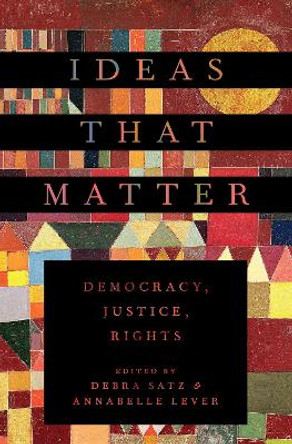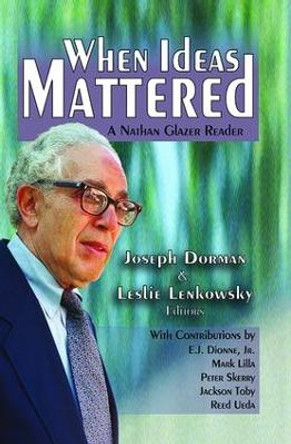Description
A study of ideas, their substance, origins and salience, in government decision-making during credibility crises in India and developing democracies.
About the Author
Bilal Baloch is a political scientist and visiting scholar at the Center for the Advanced Study of India, University of Pennsylvania, where he taught at the Lauder Institute, Wharton School of Business. His research interests cover the political economy of government decision-making and intellectual history with a focus on South Asia and the Middle East and North Africa. Bilal is also co-founder of GlobalWonks, a software company that uses artificial intelligence to deliver expert insights to organizations worldwide.
Reviews
'In this detailed account of government responses to credibility crises, Baloch sheds new light on a key element of decision-making, the cohesion of elite ideas. Focusing on corruption allegations in India, he shows how leaders' perceptions of the status and appropriate role of the state can have important implications for the ability of those elites to respond to external critiques. Through the use of elite interview and archival research-based process tracing on two key moments in India's contemporary political history, Baloch offers a compelling perspective that goes well beyond theories of material interests.' Jennifer Bussell, University of California, Berkeley, author of Corruption and Reform in India: Public Services in the Digital Age
'When Ideas Matter is a deeply researched and engagingly written book. It addresses an unusual but vital question: How do the ideas of elites actually shape politics and policy and their ability to negotiate the contradictions of society? It is also a wonderful contribution to contemporary history, by smartly putting into comparative perspective the anti-corruption movement against Indira Gandhi's Congress with the movement against UPA-II. In doing so Bilal Baloch sheds new light on how ideas work in politics, the nature of political elites, the shape of party structures and the future of populism.' Pratap Bhanu Mehta, co-editor of Rethinking Public Institutions in India
'Bilal Baloch makes a powerful constructivist case for the importance of ideas in explaining key outcomes and crises in post-independence Indian history, from the secular nationalist era of the 1970s, to the Hindu Nationalist present.' Steven Wilkinson, Yale University, author of Votes and Violence: Electoral Competition and Ethnic Riots in India
Book Information
ISBN 9781316519837
Author Bilal A. Baloch
Format Hardback
Page Count 320
Imprint Cambridge University Press
Publisher Cambridge University Press
Weight(grams) 590g
Dimensions(mm) 235mm * 159mm * 26mm








